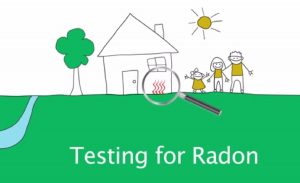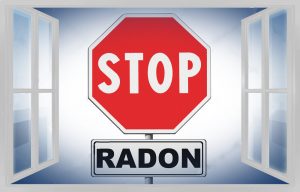You’ve probably heard of radon and its dangers to your health. You may have received advice on checking your home for radon to reduce your health risks.
But, what exactly is radon, and how could it get inside your home? Here are some facts about radon that you should know.
1. It occurs naturally as part of uranium’s decay process.
As the gas is released, it travels through cracks, crevices, and gaps, eventually reaching your home.
2. Radon gets inside your home through the crevices within your foundation or basement floor.
As it accumulates, it could get trapped inside your home, exposing you to its dangers without your knowledge.
3. Because radon is odorless, colorless, and tasteless, you won't know you are already exposed to it.
The only way to know you’re exposed to the radioactive gas is by performing radon testing.
4. Next to cigarette smoking, radon is a leading cause of lung cancer.
In the U.S., radon is a leading cause of lung cancer with approximately 15,000 to 22,000 deaths every year. Furthermore, it’s one of the leading causes of lung cancer deaths among non-smokers.
5. Long-term exposure to both radon and cigarette puts you at higher risk of lung cancer
Exposure to both radon and cigarette puts you at higher risk of lung cancer compared with exposure to a single risk factor.
6. Apart from being released from the soil and rocks, radon could also be present in water.
It is then released into the air, further increasing the risk of you inhaling the radioactive gas.
7. Radon levels across the country vary from area to area.
However, research shows that every state in the country has an elevated level of radon. The average radon level is 1.3 pCi/L. According to the Environmental Protection Agency, one in every 15 homes in the country has a high radon level.
8. There are two major types of radon tests: short-term and long-term testing.
Short-term testing usually lasts anywhere between 2 and 90 days, while long-term radon testing lasts for more than 90 days.
9. Get your home tested for Radon
When testing your home for radon, it is best to conduct the test at the lowest level of your home as possible.
Is your home safe from radon exposure? Make sure your family is safe by scheduling radon testing in Annapolis and Severna Park. Atlantic Radon offers free in-home consultations to help you choose the best solution and protection for your home. Get in touch with us by filling out our contact form to learn more about our services.




